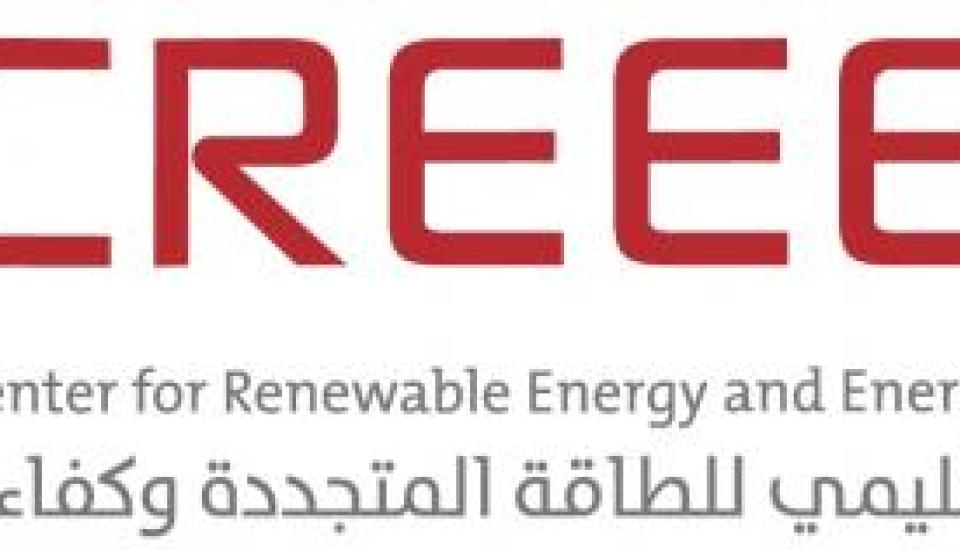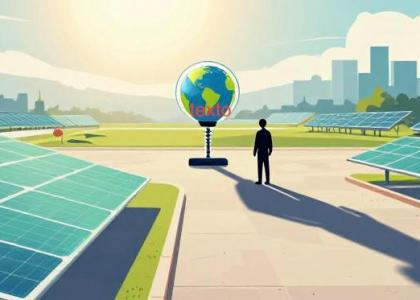The agricultural sector is one of the top economic driving forces of the Egyptian economy for both its share in the GDP and its impact on employment. According to the Ministry of Agriculture and Land Reclamation, Egypt plans to increase its agricultural production level by reclaiming 1.5 million acres of desert land by 2017 and another 3 million acres by 2030. The energy intensity of irrigation in the newly reclaimed land and the lack of grid connections to meet this need constitute the biggest challenge for this plan. To secure sustainable water management and lower the energy intensity, farms in the new lands are required to use drip irrigation, as well as sprinkler systems, knowing that the main water source is groundwater.
Building on the fact that Egypt is one of the richest countries in the world with regard to its solar energy potential, solar photovoltaic (PV) is increasingly seen as a cost effective alternative energy source, particularly to meet the growing energy demand in off-grid areas across the agriculture sector. Applications for decentralized solar PV in the agro-food sector have also a strong potential for creating jobs, especially in small and medium enterprises.
Within its scope of work and its cooperation agreement to support national (Egypt) and regional cross-border cooperation and knowhow transfer on employment promotion through RE/EE in the MENA region, RCREEE calls for proposals for Study of Socio-Economic Impacts of Solar Pumping Systems in Terms of Local Job and Value Creation in Egypt
The objective of this study is to gain an understanding of the market, including the geographical areas with highest demand for solar pumping solution, the irrigation systems used, the existing suppliers in the market, the existing financing solutions, and the main barriers to the realization of this potential. This study is intended for stakeholders in governmental bodies, private sector, professional associations, financial institutions and other actors in the agro-food sectors as well as organizations active in the RE/EE field.
More details on objectives, tasks description and selection process: Download here







